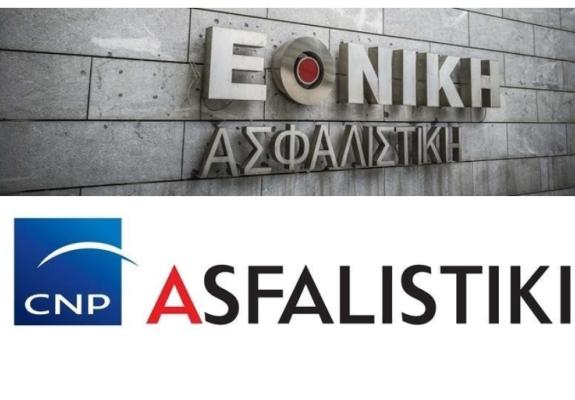CFC: Unproductive Investments & Low Savings Issue
What the Cyprus Fiscal Council Reports on the Current Account Balance – Requests for Incentives.
The Cyprus Fiscal Council is calling for policy design to assist the current account balance.
In its report for the first five months of 2024, it highlights that the negative current account balance is one of the significant macroeconomic imbalances in the Cypriot economy, which should immediately become the focus of policy design.
According to the Fiscal Council, the current account balance is negatively affected by consumption, government spending, and investments – especially when these are not productive and their returns are not reinvested in the economy. However, it notes that a negative current account balance resulting from productive investments is not a problem by itself, as such investments tend to increase production over a long period, making the negative balance a temporary phenomenon.
The causes of Cyprus's chronic negative current account balance, as emphasized by the Fiscal Council, should be sought in the existence of not particularly productive investments whose returns are likely not reinvested in the economy, as well as in low national savings resulting from a lack of savings incentives and relatively high government spending at times.
A key factor affecting the current account balance, as mentioned in the report, is national savings, which consist of government and household savings. While government surpluses are helpful, low private savings align with Cyprus's chronic negative current account balance.
The report also notes that policies encouraging private savings would have beneficial effects on the current account balance. It is important, as highlighted by the Fiscal Council, that there are currently disincentives for saving, such as the taxation of interest income from bank deposits, while deposit rates in Cyprus are relatively low compared to other Eurozone countries due to the low level of competition in the Cypriot banking system.
According to the Fiscal Council, based on the IMF report in May 2024, the transmission of the ECB's interest rate to deposit rates in Cyprus was lower and slower than in other Eurozone countries. Therefore, policies encouraging competition in the Cypriot banking system would have similar beneficial effects on private savings and the current account balance as tax incentives for savings.
Enhancing the currently shallow capital market would also play a significant role in this direction, as noted in the report.






